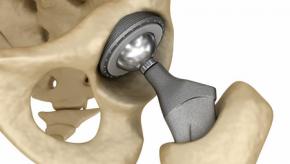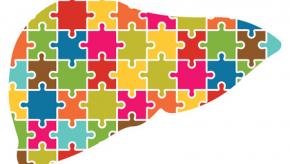All News
IL-1 Inhibition Alters Arthroplasty Rates
A subanalysis of the CANTOS trial suggests that inhibition of interleukin-1β (IL-1β) can reduce rates of incident hip or knee replacement (THR/TKR) surgeries.
Read ArticleFractures from Delays in Denosumab Reinfusions
Denosumab is effective in osteoporosis when used on schedue, but research suggests that discontinuation leads to rapid reversal of effect; a new observational study has shown that delays in denosumab administration of more than 16 weeks results in an increased vertebral fracture risk, according t
Read ArticleOral Dysbiosis May Antedate Rheumatoid Arthritis
A study of oral microbiome in anti-cyclic citrullinated peptide (anti-CCP) positive at-risk individuals without synovitis (CCP+at risk) shows dysbiotic subgingival microbiomes and increased abundance of P. gingivalis compared with controls.
Read ArticleSystemic Steroids Reduce Mortality in COVID-19
JAMA Internal Medicine reports an analysis of COVID-19 clinical trials showing that critically ill patients with COVID-19 treated with systemic corticosteroids have an overall lower mortality rate.
Read Article2020 Nobel Prize in Medicine Goes to the Discovery of Hepatitis C
The Nobel Assembly at Karolinska Institutet has awarded the 2020 Nobel Prize in Physiology or Medicine jointly to Harvey J. Alter, Michael Houghton and Charles M. Rice for the discovery of Hepatitis C virus. These three scientists made a decisive contribution to the fight against blood-borne hepatitis C, a major global health problem that causes cirrhosis and liver cancer in people around the world.
Read Article
Links:
Dr. John Cush RheumNow ( View Tweet)
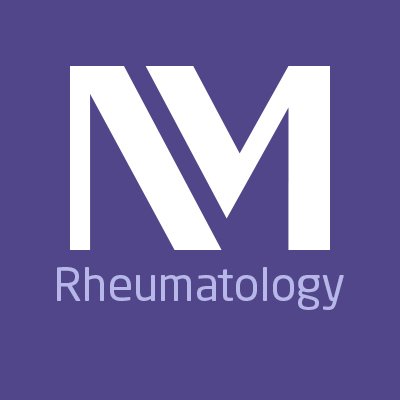
NM Rheumatology NM_Rheumatology ( View Tweet)

Links:
NYT Health NYTHealth ( View Tweet)

Links:
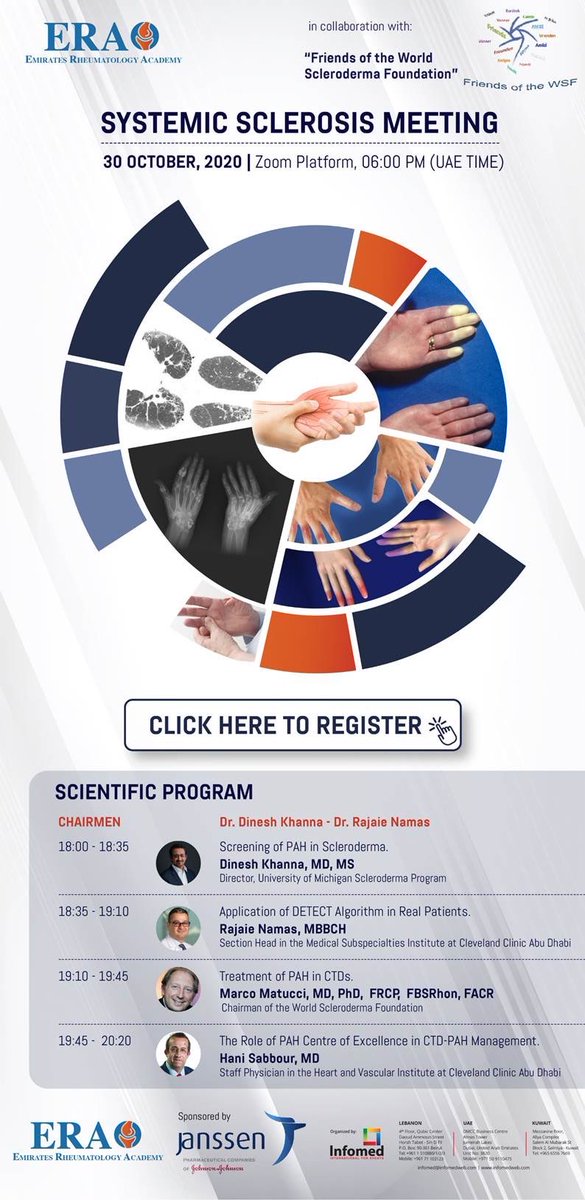

Dr. Dinesh Khanna sclerodermaUM ( View Tweet)
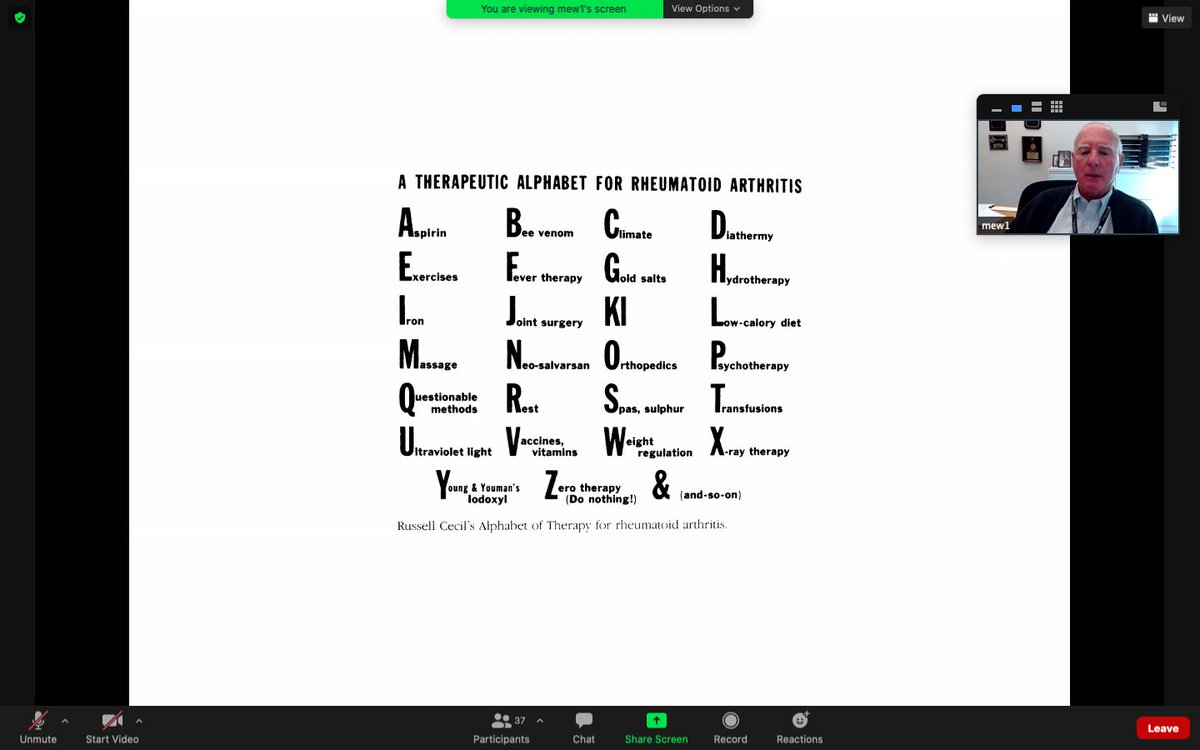

Links:
Dr. John Cush RheumNow ( View Tweet)

Links:
Dr. John Cush RheumNow ( View Tweet)

Links:
Dr. John Cush RheumNow ( View Tweet)
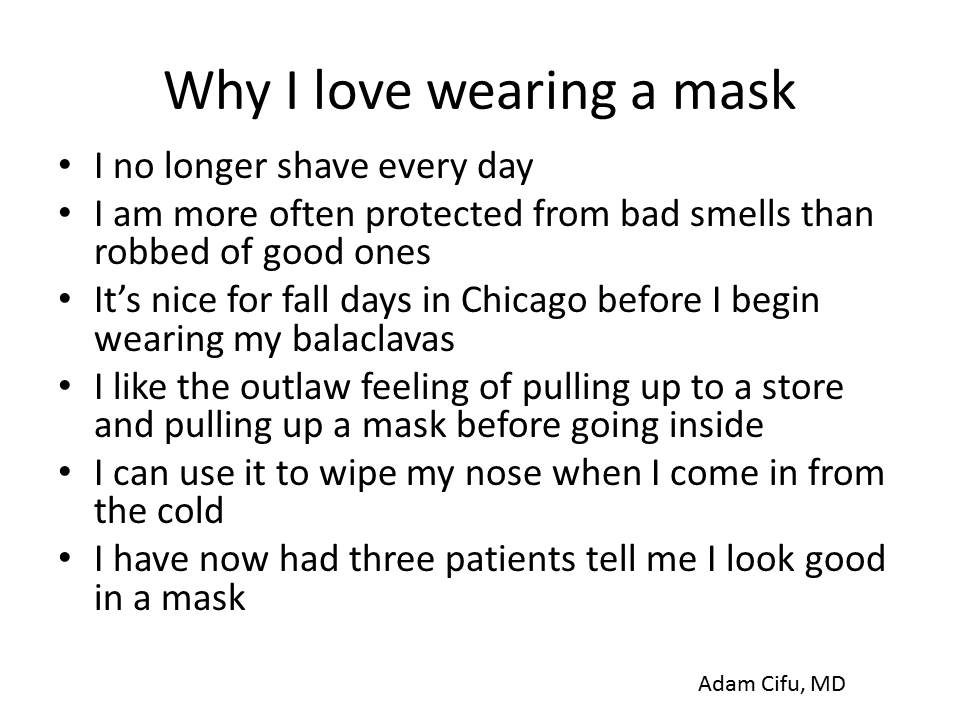
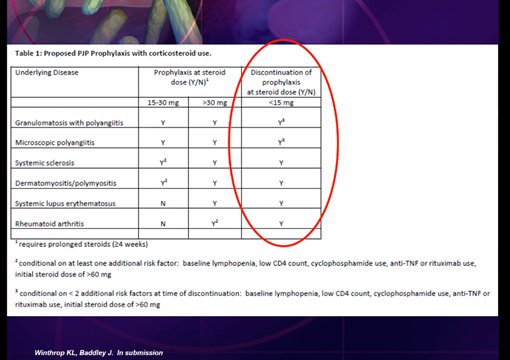

Links:
Dr. John Cush RheumNow ( View Tweet)

Links:
Dr. John Cush RheumNow ( View Tweet)

Links:
Dr. John Cush RheumNow ( View Tweet)


